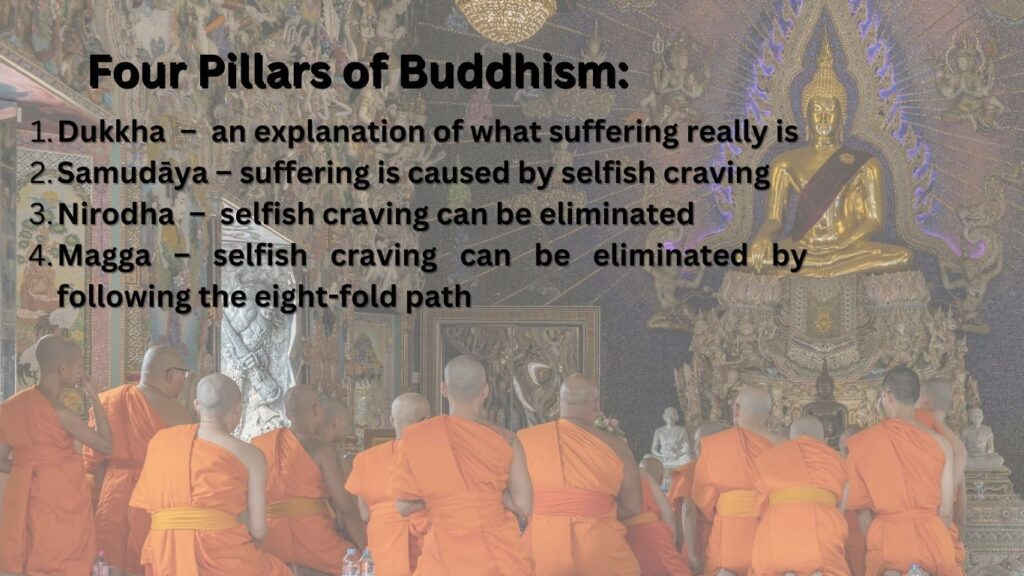Losing to Gain: Embracing the Christian Perspective on Being a “Loser”
In a world that often celebrates winners and success, the concept of being a “loser” is rarely something we aim for. From our earliest years, we’re encouraged to strive for greatness, achieve our goals, and emerge victorious in the game of life. However, in the Christian faith, there exists a unique perspective on the idea of losing. It’s the belief that by relinquishing our own life and desires, we gain something more profound – eternal life through our faith in Christ.
This distinctive viewpoint is rooted in the teachings of the Bible, specifically in Matthew 16:25 (NKJV), which states, “For whoever desires to save his life will lose it, but whoever loses his life for My sake will find it.” This verse serves as a compelling invitation to forsake our personal ambitions and follow the path of Christ, ultimately receiving the priceless gift of eternal life.
To put it into practical terms, this means we must be willing to let go of our own plans, desires, and ambitions and yield our lives to the guidance of Christ. It entails making sacrifices, setting aside our wants and needs in order to serve others and contribute to the Kingdom of God. This path may be challenging, but it leads to genuine fulfillment and purpose in life.
Additionally, embracing the idea of being a “loser” within a Christian context requires acknowledging our own brokenness and the dire need for a Savior. We’re all inherently flawed and imperfect, incapable of earning our way into heaven through our own efforts. Salvation is only attainable through God’s boundless grace and Christ’s selfless sacrifice on our behalf.
Dying to Self: A Profound Transformation
To truly grasp what it means to be a “loser” in the Christian faith, we must delve deeper into the concept of “dying to self.” This phrase encapsulates the heart of losing our lives as Christians. Dying to self is not a literal death but a profound transformation of our innermost being, where we surrender our own will, desires, and ambitions to align them with God’s purpose.

In the Christian understanding, dying to self is an ongoing process. It’s the daily decision to put God’s will above our own, to seek His guidance, and to live in obedience to His Word. Galatians 2:20 (NKJV) beautifully captures this calling: “I have been crucified with Christ; it is no longer I who live, but Christ lives in me; and the life which I now live in the flesh I live by faith in the Son of God, who loved me and gave Himself for me.”
This verse underscores that when we embrace Christ as our Lord and Savior, we enter into a new way of living. It’s no longer about our selfish desires and ambitions; it’s about allowing Christ to live through us. Dying to self is an intentional choice to crucify our old, self-centered nature and allow Christ’s life, love, and values to take root within us.
Dying to self is a daily decision, a conscious effort to surrender control and trust in God’s wisdom and plan for our lives. It’s an act of humility, acknowledging that our understanding and desires may not always align with God’s perfect will. In this surrender, we find freedom and a deeper connection with our Creator.
Beyond Mere Submission: Embracing the Transformation of Faith
It’s important to note that in Christianity, simply losing our lives or submitting our desires is not the entirety of the salvation equation, as contrasted with some other belief systems, such as Buddhism, which emphasize the renunciation of desires as the path to spiritual liberation. In Christianity, it’s not solely about losing our personal desires; it’s about gaining new desires by becoming new creations in Christ.

Buddhism, for example, teaches the renunciation of desires as a means to attain spiritual enlightenment. However, the Christian perspective diverges significantly. While we do surrender our desires and ambitions, it’s not through our own efforts that we achieve salvation. Instead, it’s through faith in Jesus Christ, the Son of God, who willingly gave His life for our sins.
Through this faith, we experience a profound transformation. When we believe in the Son, we become new creations in Christ (2 Corinthians 5:17, NKJV): “Therefore, if anyone is in Christ, he is a new creation; old things have passed away; behold, all things have become new.” This transformation is not about extinguishing desires but rather aligning our desires with God’s will.
Gaining New Desires Through Faith in Christ
When we accept Christ as our Lord and Savior, our desires undergo a transformation. Instead of being solely driven by personal ambitions, we begin to desire what aligns with God’s purposes and values. Our lives take on new meaning as we seek to love God and serve others. Galatians 5:22-23 (NKJV) speaks of these new desires, “But the fruit of the Spirit is love, joy, peace, longsuffering, kindness, goodness, faithfulness, gentleness, self-control.”
In this light, being a “loser” in the Christian faith is not a stoic act of surrendering desires but a profound transformation of our hearts and minds. It’s about yielding to God’s will and allowing our desires to be reshaped by His love and truth. It’s through faith in Christ that we find a new purpose and a higher calling.
So, in the Christian faith, being a “loser” is not something to be ashamed of; instead, it’s something to wholeheartedly embrace. It’s the path that leads to genuine fulfillment and purpose, as our desires are reshaped by our faith in Christ. Remember, even in the midst of apparent loss, in Christ, you can gain everything that truly matters.
